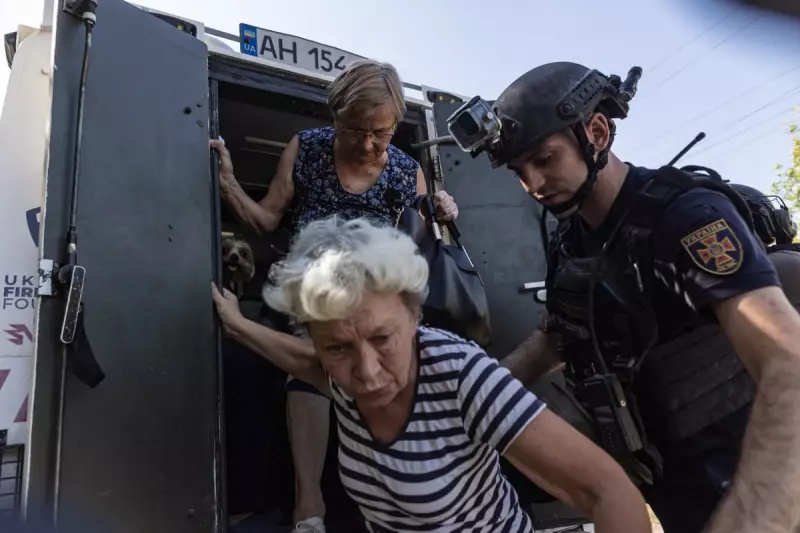
In a striking break from the usual chorus of support, prominent pro-Russian military analysts and bloggers are sounding the alarm on what they call a dangerous disconnect between the Kremlin's official narratives and the grim reality of the war in Ukraine.
These influential voices, who typically operate within a pro-Moscow framework, are publicly calling out the exaggeration of recent Russian territorial advances. Their analysis suggests that claims of significant gains, particularly in the embattled Donetsk region, are not born out by visual evidence and geolocated data from the front lines.
A chorus of dissent from unlikely sources
The criticism is not coming from outside opponents but from within Russia's own information sphere. Key Telegram channels, followed by millions, have pointed out that recent reports of capturing the village of Novobakhmutivka are premature at best. Their assessment contends that fighting remains intense on the outskirts, with Ukrainian forces putting up a staunch defence.
This internal scepticism extends to the broader offensive operations. Analysts describe the pace of the advance as 'slow' and 'minimal,' a stark contrast to the triumphant headlines often seen in state-controlled media. The Institute for the Study of War has corroborated this view, noting that Russian forces have only achieved marginal gains despite intense attacks.
The high cost of marginal gains
The narrative pushed by these observers paints a picture of a costly war of attrition. They highlight the enormous expenditure of artillery shells and the significant loss of armoured vehicles, including tanks and infantry fighting vehicles, required for these minimal territorial increments.
This public critique from normally loyal factions suggests a growing frustration with the official prosecution of the war. It underscores a potential rift between the Kremlin's propaganda needs and the factual reporting from military-focused groups who rely on their credibility with a dedicated audience.
The situation remains fluid, but this development marks a significant moment where pro-Russian voices are prioritising factual military analysis over unwavering political support, potentially shaping domestic perception of the conflict's true progress.






